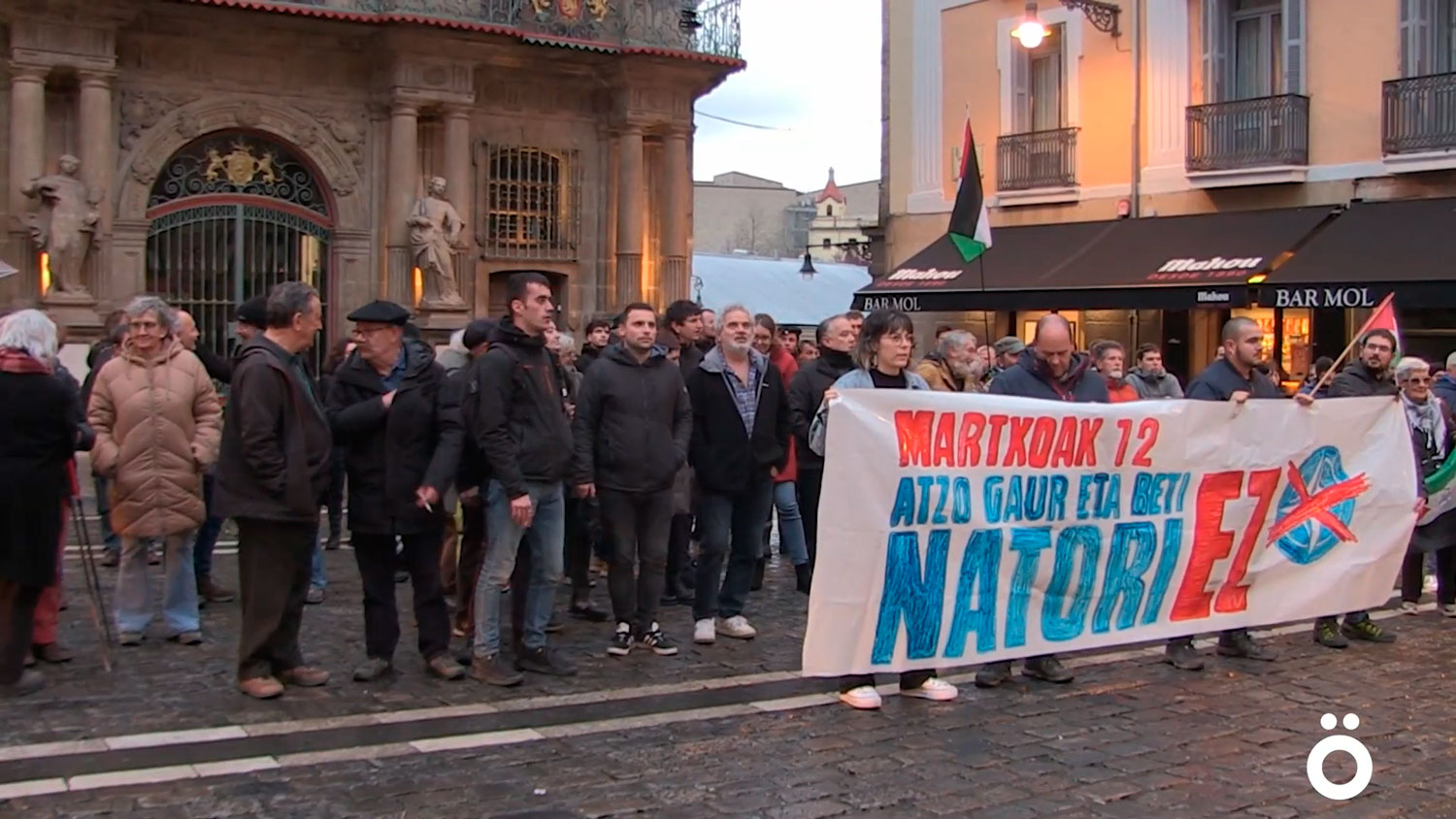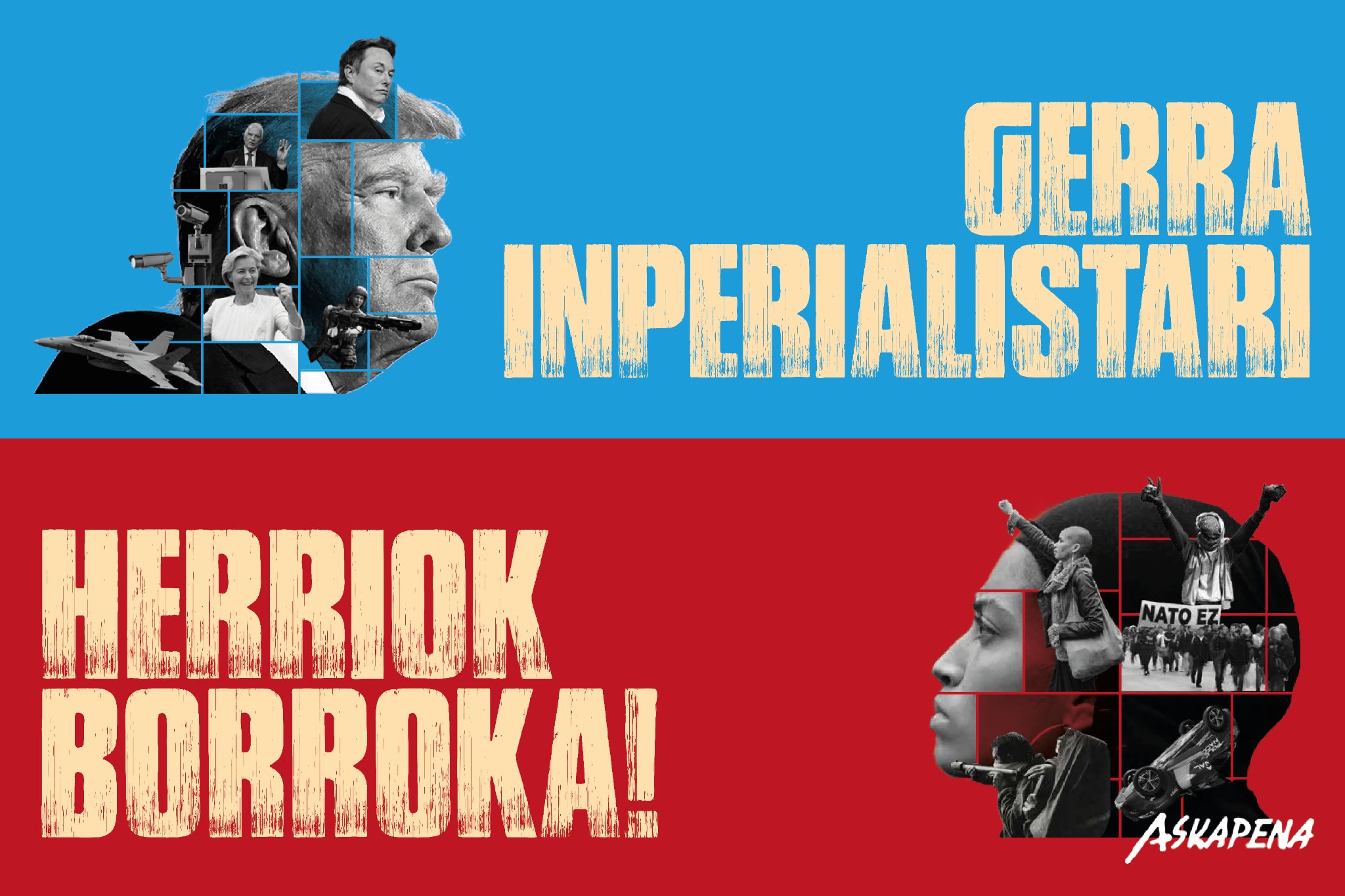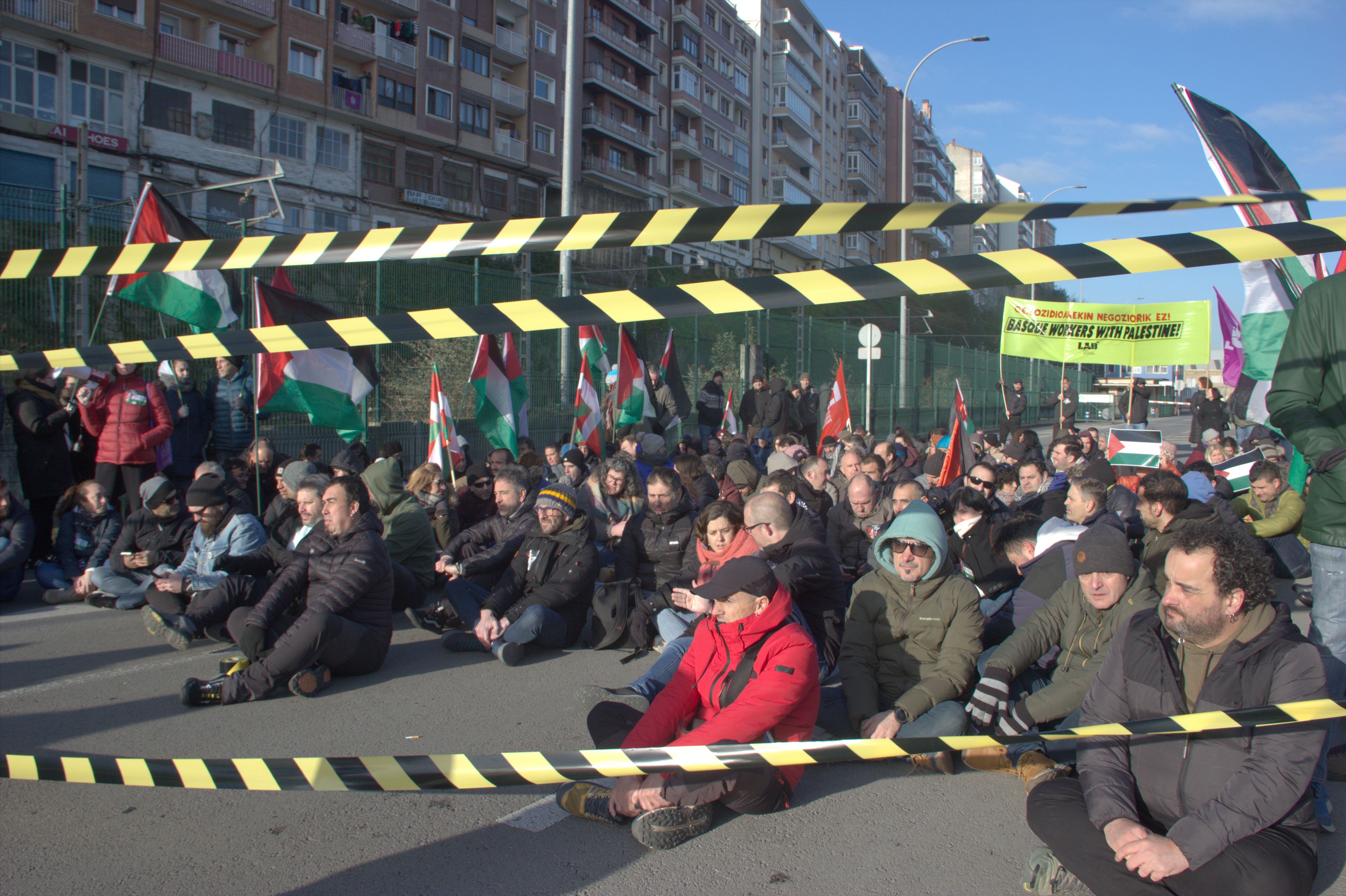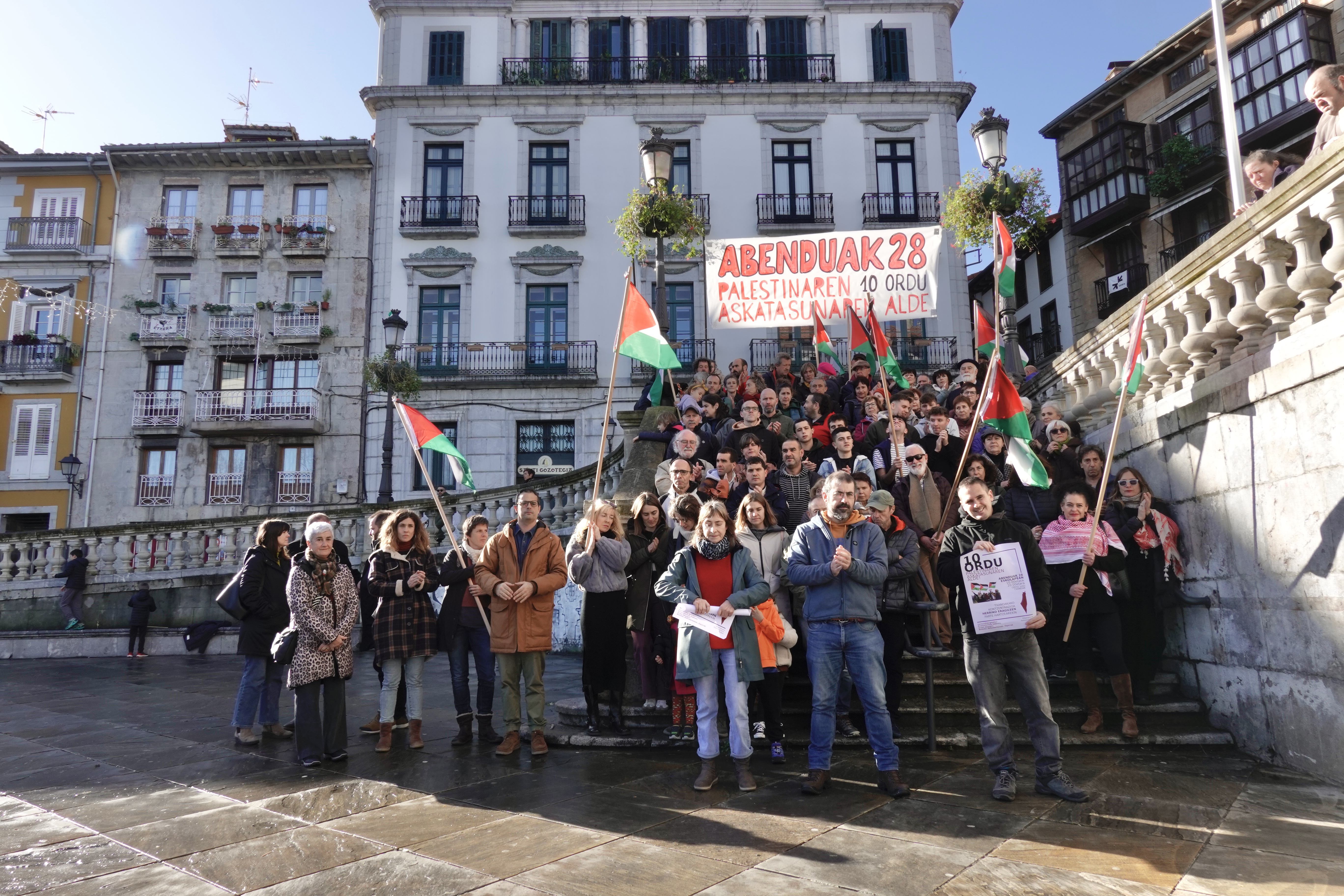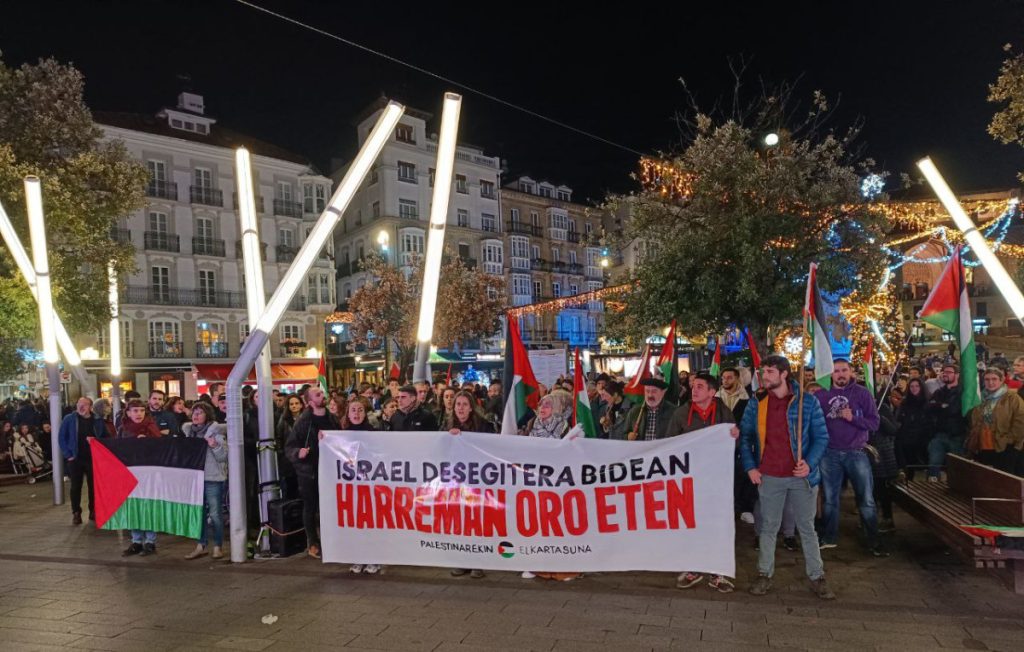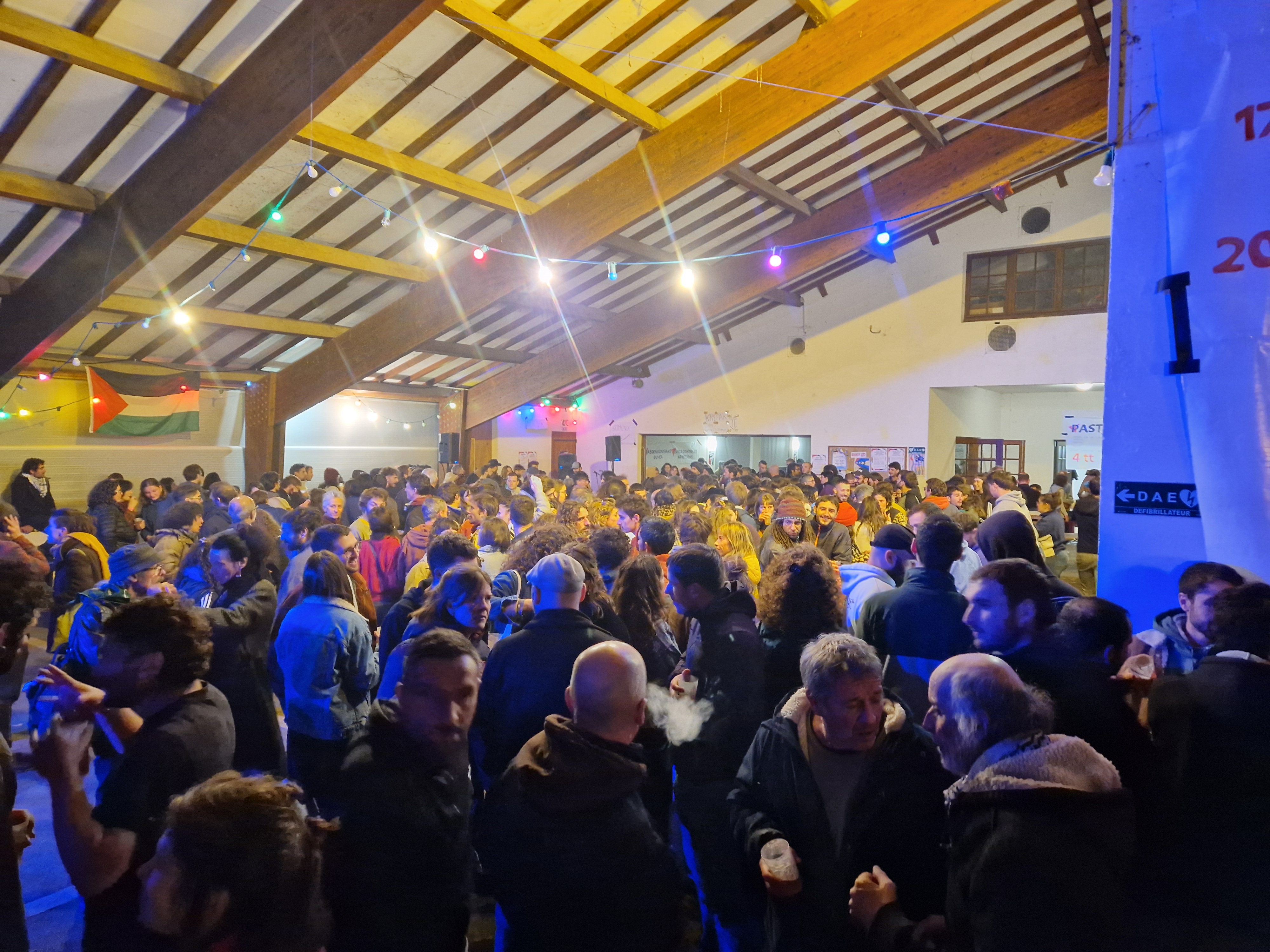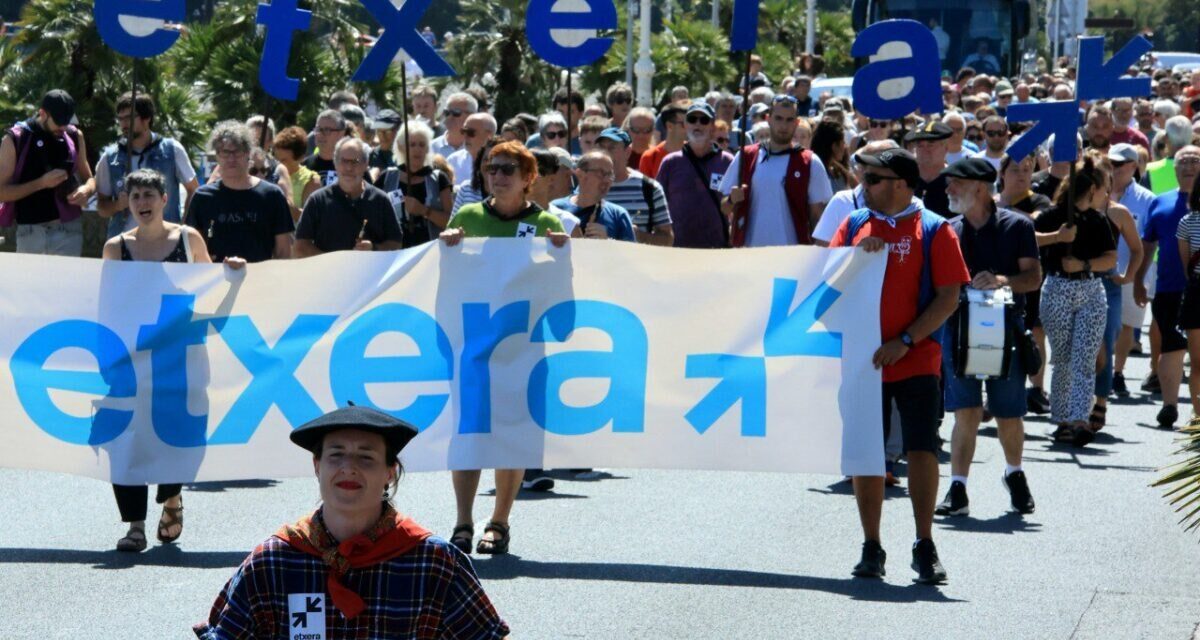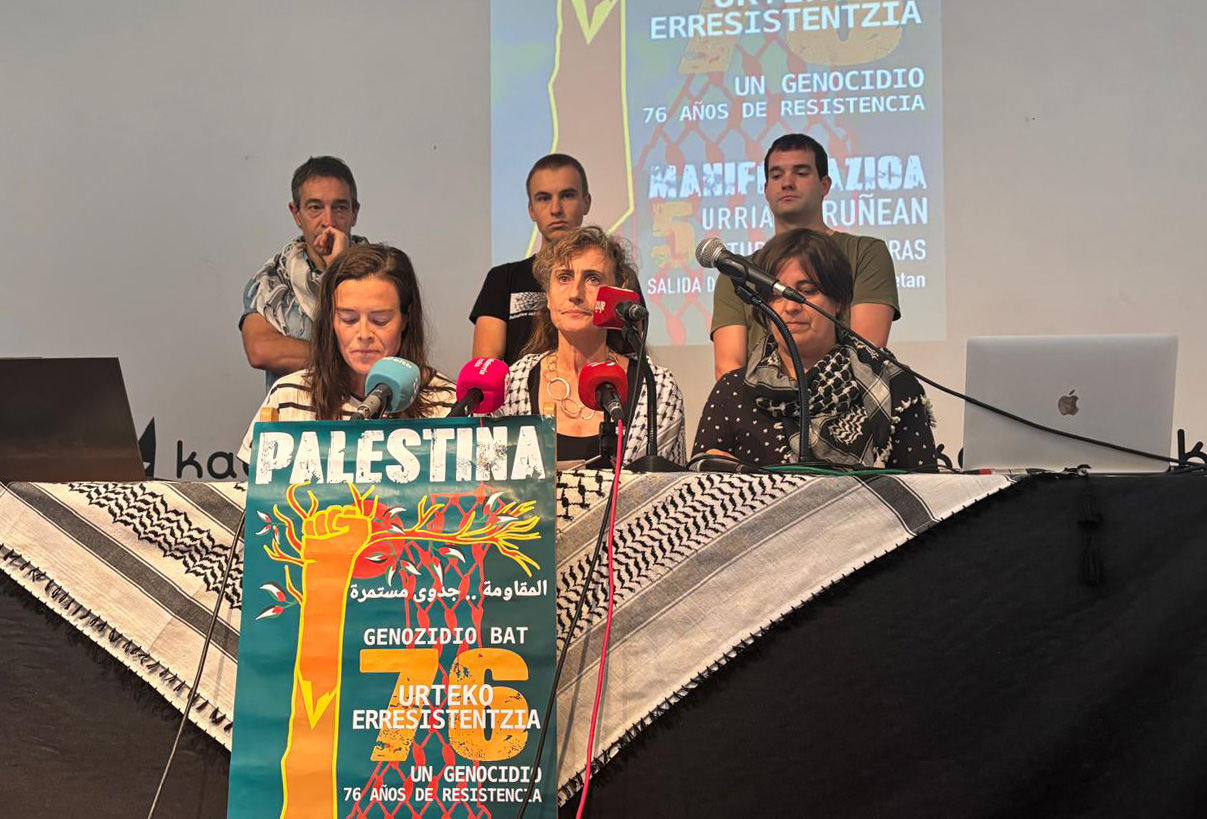A step in search of Pedro Baigorri
- Bishop Pedro Baigorri (1939-1972) tries to locate the body of the Navarre guerrilla in the cemetery of Curumania, in Colombia, after his family contacts a Colombian institution. He maintained a close relationship with the Cuban revolutionaries from Baigorri and travelled to Colombia to fight: "For people to be able to eat it is worth dying," he wrote in the last letter to his parents.
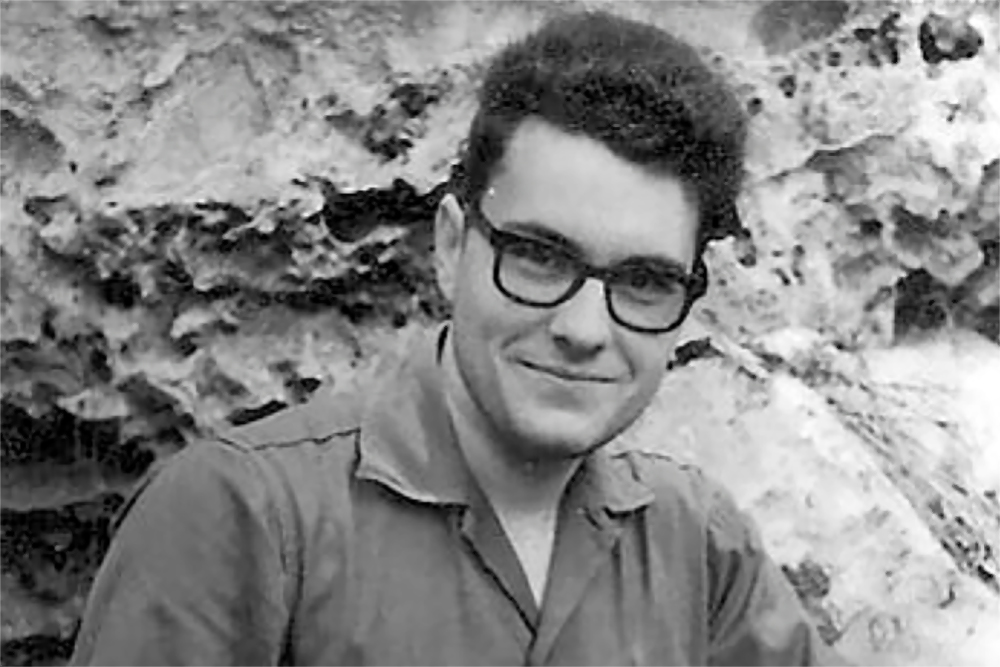
Cesar Department, Colombia, 6 October 1972. Near the Venezuelan border, in the Sierra de Perijá, the Colombian army murdered three members of the OECD (National Liberation Army) in an excessive succession. Among them was Pedro Baigorri Apeztegia, a 33-year-old and revolutionary chef from Navarre. 49 years later his remains have not been found yet.
Franco, Che and Fidel
Baigorri was born in Zabaldika (Steribar) in 1939. Due to the precarious economic situation of her family, when she was very young, she started working as a cook at the Hotel Yoldi in Pamplona at the age of 16. Then he worked at the Hotel Maria Cristina in San Sebastian and, once there, he had to prepare a meal for Francisco Franco, aboard the boat Azor, based in the bay of La Concha.
In Paris he had a direct relationship with the refugees from the American left and there he knew the Cuban revolution.
He was a chef who moved from San Sebastian to Paris in the late 1950s. Although before, the politics and ideology of the left arouse curiosity, in the French capital
Two or three years later, in 1962 or 1963, Cuban scientist and politician Antonio Núñez Jiménez (1923-1998) offered him a special offer: To address the mushroom growth project in Cuba.
Baigorri then went to Havana, accepting the proposal. He was a cook of the brothers Fidel and Raúl Castro, and of Che Guevara, with whom he maintained a close relationship. In addition to cooking, he took a guerrilla course and formed a group with other colleagues. Although he could stay in Havana, he decided to travel to Colombia to fight the government.
No corpses or duels
When Peter was killed, Paul worked in a news agency and received the news in a short message: “From Navarra, Spain, dead guerrillas” (from Navarra, Spain, dead belt). Without ending the dictatorship, it was not time to denounce what happened to her guerrilla relative, and the family had to thrive without bodies or duels.
When Peter was killed, Paul worked in a news agency and received the news in a short message: “From Navarra, Spain, dead guerrilla”. Without ending the dictatorship, it was not time to denounce what happened to his familiar guerrilla warfare
Journalist Unai Aranzadi first met Pedro Baigorri in Colombia in 2005 in an ELN camp. Since then, the life and death of the Navarro have been completed, among other things, in a documentary prepared for ten years and received in a report of the journal Zazpika in 2017. The Colombian anthropologist Marco Tobón has also researched Baigorri, and the result of his work is Baigorri. A Basque in the Colombian guerrilla (Baigorri, a Basque in the Colombian guerrilla; Txalaparta, 2017). Thus, the passages of the guerrilla's life have been illuminated, but their remains remain in the dark.
Pedro's parents denounced the disappearance of his son in the Colombian Public Prosecutor's Office 30 years ago. But they both died without a response. Later, Unai Aranzadi himself came to the Prosecutor ' s Office. Finally, in 2019, family members contacted the UPUBD of Colombia, the search unit for people who consider themselves missing, and start searching for clues from Pedro Baigorri. Last September and October, they devoted themselves to the study of five corpses of the cemetery of Curumaní, as well as to the unidentified remains of several common osariums.

A little bit of dignity
At the moment these efforts have not had positive results, but Sister Mariangeles Baigorri is optimistic: “We didn’t think they were interested in their brothers and peers there. They were buried as cattle and, if they are found, we will give them some dignity.”
After 49 years, awaiting dignified burial, relatives can say that Pedro Baigorri died dignified. When he was in Colombia, his father wrote asking him to go home, and his son replied in the last letter: “Dying in a lockdown in Pamplona makes no sense. On the contrary, for people to be able to eat it is worth dying. I live in accordance with my principles and ideas, and in the end it is a tribute that I pay to you mainly. We are born and we die, and all we have left is the memory of loved ones, but to leave life something else. There is no happiness if it is not for everyone.”
Hainbat eragilek deituta, NATOren aurkako elkarretaratzea egin da Iruñeko Udaletxearen aurrean. Izan ere, gaur, martxoak 12, 39 urte bete dira Hego Euskal Herriak, Espainiar Estatua NATOn sartzeko erreferendumari ezezkoa eman ziola. Askapenako kide batek adierazi du, gaurko... [+]
Karmela espazio autogestionastuan egingo ditu, eta Euskal Herriko zein nazioarteko gonbidatuak egongo dira bertan. "Koiuntura analisi orokorretik abiatu eta Euskal Herriko borroka internazionalistaren gakoetarainoko bidea" egingo dutela adierazi du Askapenak... [+]
A ghost crosses the kitchens: The ghosts of Carlos.
Karlos has not been presented to the Master Chef Celebrity. After analyzing its culinary heritage, it is very clear that it will not overcome the selection of its opponents. In fact, the Academy of Gastronomy and the media... [+]
I have recently had the opportunity to see the latest work by Pierre Carles, a committed documentary author. Under the name of Guérilla des FARC, l'avenir a une histoire (FARC guerrilla, the future has history), proposes a renewed account of the armed conflict that has lasted... [+]
Palestinarekin Elkartasunak "sionistekin harreman oro etetera" deitu du. Kanpaina bat jarri dute abian Euskal Herriak Israelgo estatu terroristaren bizirautea bermatzen duten harreman militar, diplomatiko eta kulturalak seinalatu eta hauen etetea exijitzeko. Pasa den... [+]
Palestina, mediatikoki aurkeztua ez den bezala, aipatu zen joan den larunbatean Makean, mintzaldi, tailer, merkatu eta kontzertuen bidez.
The current situation requires a thorough analysis of what is behind titles, demonstrations, the manipulated dissemination of some facts, the dark concealment of others and the disguised propaganda of analysis in most mainstream media. The situation requires that superficial... [+]











